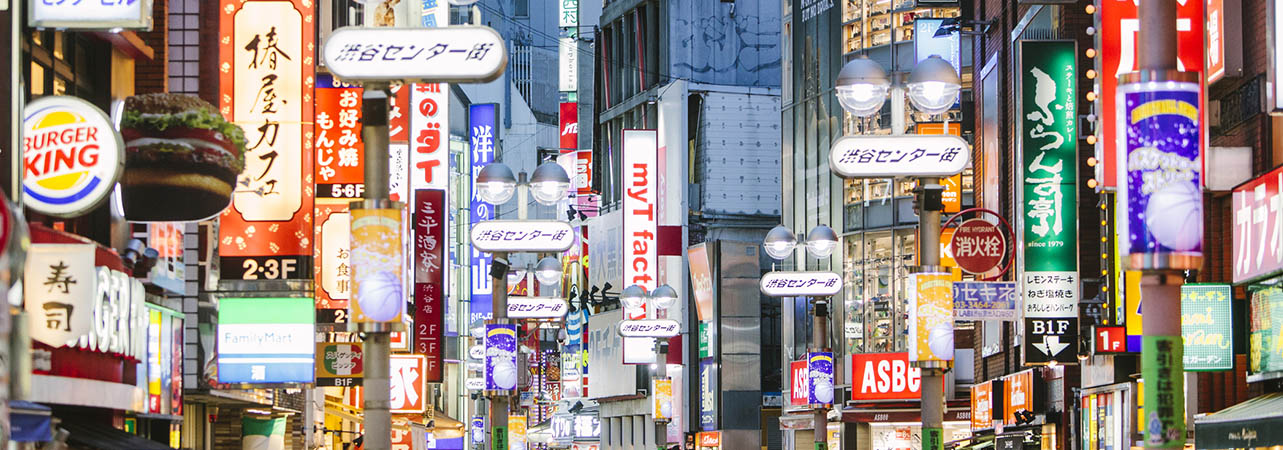Japan’s second-quarter economic growth proved disappointing for investors, as initial calculations of annualised growth of 1.8% were downgraded to a more muted 1.3%. On a quarter-on-quarter basis, the economy grew by 0.3%.
- Japan’s consumption tax will increase from 8% to 10% in October
- South Korea’s export activity continued to weaken
- Civil unrest continued in Hong Kong
To view the series of market updates through September, click here
Japan’s second-quarter economic growth proved disappointing for investors, as initial calculations of annualised growth of 1.8% were downgraded to a more muted 1.3%. On a quarter-on-quarter basis, the economy grew by 0.3%. Looking ahead, Japanese consumers have to contend with an increase in consumption tax from 8% to 10% from October, and it is feared that the rise could put a brake on economic growth. Although consumer spending has held up well in recent months, this may be because shoppers are bringing forward planned purchases ahead of the sales tax increase.
“The Australian economy has reached a “gentle turning point” (RBA Governor Philip Lowe)
Japanese exports fell at an annualised rate of 1.8% during July, while imports declined by 1.1%. Shipments to China fell by over 9% over the period. Over September as a whole, the Nikkei 225 Index rose by 5.1%, while the Topix Index climbed by 5%, and the TSE Second Section Index rose by 1.5%
Export activity in South Korea continued to decline in September, posting their tenth consecutive monthly drop. Exports fell by 11.7% year on year, dampened by lower semiconductor prices and the ongoing US/China trade conflict. Imports fell by 5.6%. Shipments to China fell at an annualised rate of 21.8%; meanwhile, exports to Japan dropped by 5.9% amid South Korea’s deepening trade spat with Japan. The deteriorating trade relationship between the two countries was intensified during the month by the World Trade Organisation’s (WTO’s) ruling that South Korea was violating international trade regulations with its tariffs on Japanese valves. The decision is likely to put pressure on South Korea valve manufacturers. The Kospi Index rose by 4.8% during September.
Governor of the Reserve Bank of Australia (RBA) Philip Lowe warned that the Australian economy has reached a “gentle turning point”. He confirmed that policymakers are ready to implement a cut if necessary “to support sustainable growth … and achieve the inflation target over time”, warning that the economy has experienced “no growth at all in consumption per person” over the past year. The RBA has already cut its key interest rate twice this year, in June and July, to a record low of 1%. Over September, the ASX All Ordinaries Index rose by 1.5%
Elsewhere in the region, Hong Kong’s benchmark Hang Seng Index endured a stormy month as civil unrest continued. Nevertheless, over the month as a whole, the index ended September 1.4% higher.
A version of this and other market briefings are available to use in our newsletter builder feature. Click here









